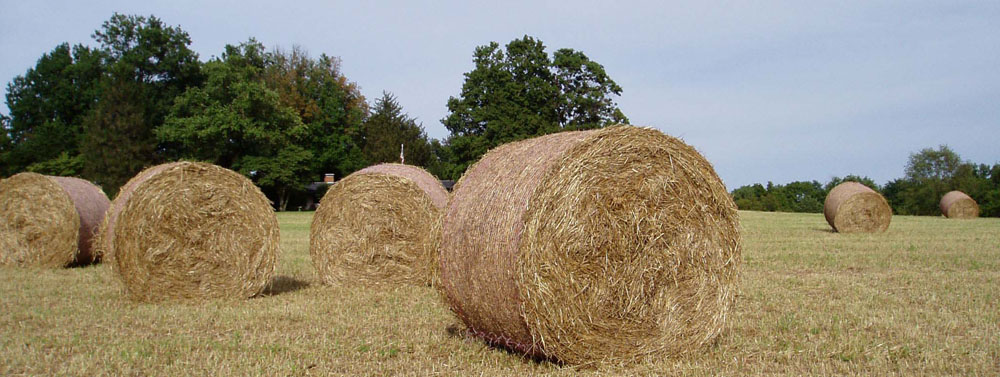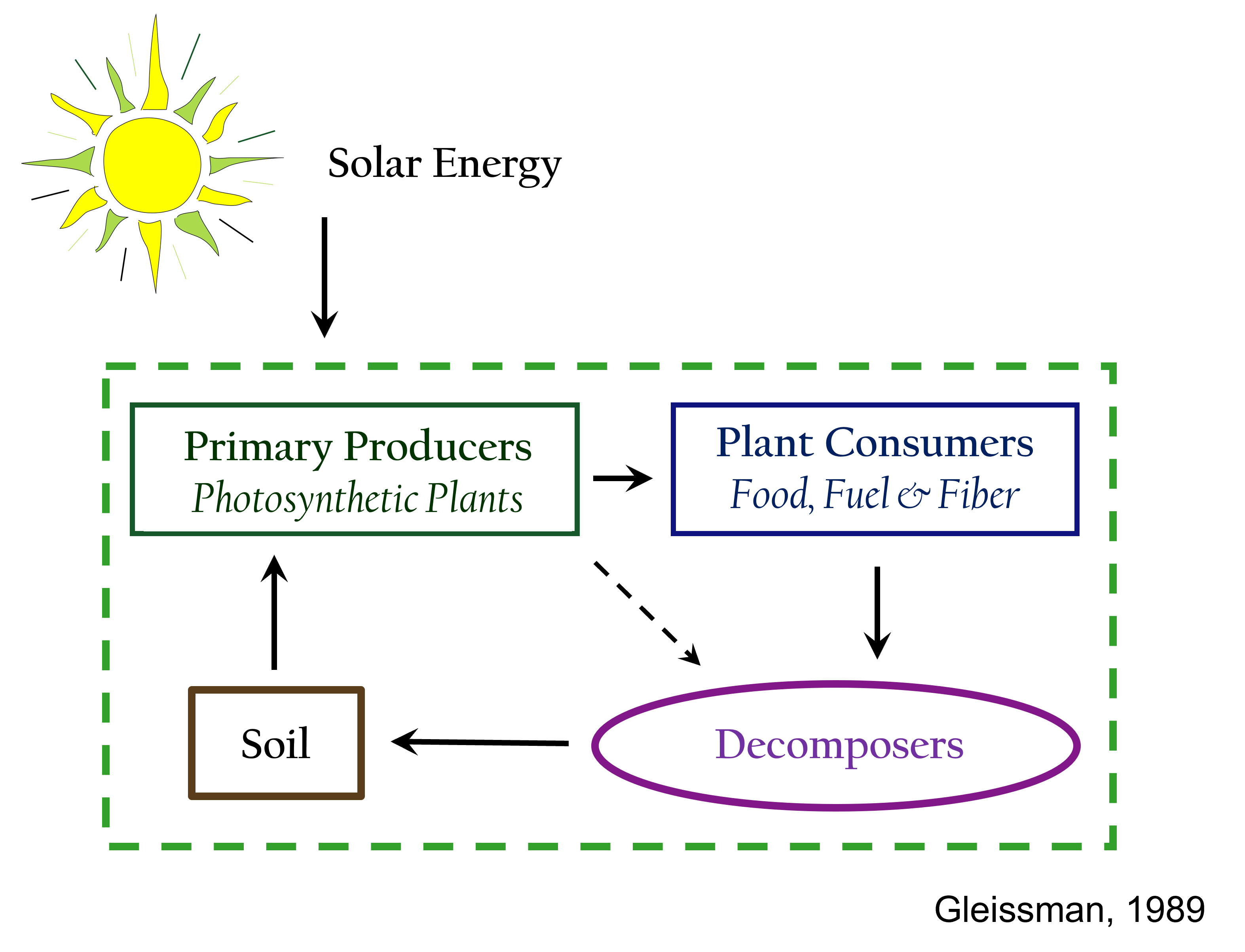What is Agribusiness? A Good Place to Begin…
In 2016, I was invited to build a BS in agribusiness in a private, 4-year, business school (non-ag). I had 4 degrees in agriculture (agronomy (BS), ag mechanization (MS), and ag econ (MS & PhD)), and had worked in research, extension, and production on three continents (US, Germany, and Nepal). Sure, I said (innocently).
The first challenge was to define what agribusiness meant for me, for my students and for Greenville University. GU is a tiny school with (very) scarce resources, and agribusiness is such a HUGE INDUSTRY. It has taken a few years, but progress is being made. The GU agribusiness program is working and legitimate. It is not a mature agricultural program that is found at a century-old, public land-grant university. But it will equip graduates to be leaders in agricultural businesses.
But back to the topic. What is agribusiness?
Like most of the key buzz words of my career (organic, manure, waste) the problem is not that the term is undefined. The problem is that everyone KNOWS what all of these terms mean. Each definition is unique to every individual not the term itself. Too many working definitions, not zero definitions. Agribusiness is in good company. The demand for agribusiness graduates is one part of what defines agribusiness. The term defined by jobs and graduates is for unpacking in other posts.
The focus of agribusiness for this post is my personal, unique definition of agribusiness. It has defined me. I grew up as a teenager in the 1970s. The environment was on fire. I was also fortunate to have a rich heritage of Midwest farming families and had my own farm operation for a season in the 1980s. This is all to say that I am a systems economist. I was a farming systems agronomist in the developing economy of Nepal, in the ’80s, just before farming. The research of my three graduate degrees all work with manure from different species of farm animals. My doctoral research focused on the economics of management intensity on grazing beef production systems in Missouri. I loved the closed, plant and animal interaction of that system (no separable markets like corn and hogs).
This ecosystem flow chart describes Missouri beef grazing systems but it also defines agribusiness for me. This is not a common starting point for agribusiness with most folks. For one, there are no dollars in this model. But my first degree was agronomy, which is the business of growing crops. It was more applied science than business. This production ecosystem drawing was in my dissertation on grazing economics. It defines the solar-powered, biologic, chemical, and physical, economy that has shaped my 40+ year career. Even with a PhD in ag economics, my most functional economic definition of manure is, ‘unused corn and soybeans.’
In my undergraduate economics classes, students learn that job labels have a vintage and are time-sensitive. Farmers from 1980 (Farmer1980) is not the same as Farmer2000 or Farmer2020. The same is true with agribusiness. It is constantly changing. But the photosynthetic cycle above never changes. By preparing my agribusiness students to use this production ecosystem as a foundation, as the production technologies or marketing systems change, students will still be grounded in stability of the fundamentals.
Unpacking the most functional definition of agribusiness will take many posts. But discovering what agribusiness means has been a good journey for me. I will share new models of agribusiness it in bite-sized posts to allow everyone to digest it slowly.
Peace!



Comments
What is Agribusiness? A Good Place to Begin… — No Comments
HTML tags allowed in your comment: <a href="" title=""> <abbr title=""> <acronym title=""> <b> <blockquote cite=""> <cite> <code> <del datetime=""> <em> <i> <q cite=""> <s> <strike> <strong>